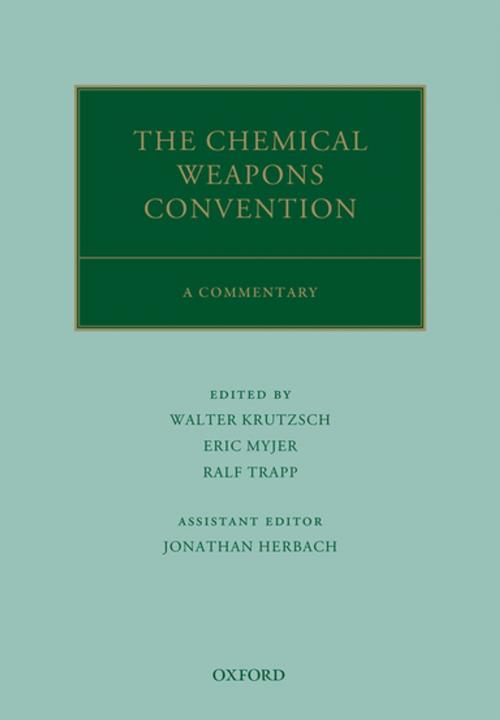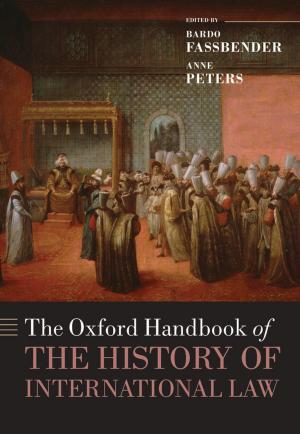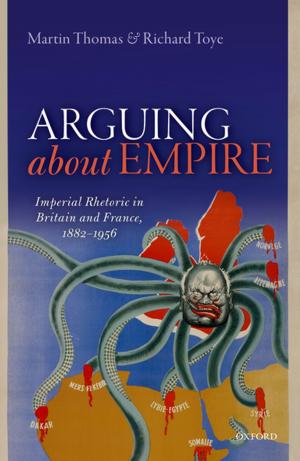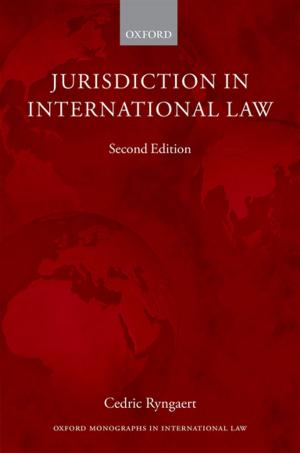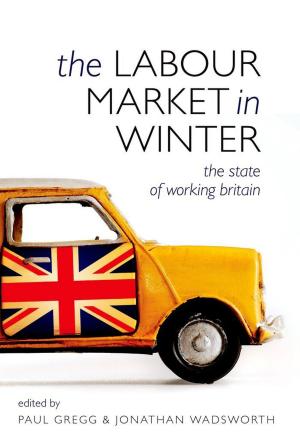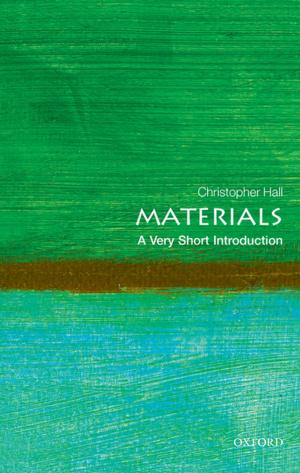The Chemical Weapons Convention
A Commentary
Nonfiction, History, Military, Biological & Chemical Warfare, Reference & Language, Law| Author: | ISBN: | 9780191650369 | |
| Publisher: | OUP Oxford | Publication: | August 7, 2014 |
| Imprint: | OUP Oxford | Language: | English |
| Author: | |
| ISBN: | 9780191650369 |
| Publisher: | OUP Oxford |
| Publication: | August 7, 2014 |
| Imprint: | OUP Oxford |
| Language: | English |
This book provides an article-by-article commentary on the text of the Chemical Weapons Convention (CWC) and its Annexes, one of the cornerstone disarmament and arms control agreements. It requires the verified elimination of an entire category of weapons of mass destruction and their means of production by all its States Parties within established time lines, and that prohibits any activities to develop or otherwise acquire such weapons. Cross-cutting chapters alongside the detailed commentary, by those intimately involved in the development of the Convention, assess the history of the efforts to prohibit chemical weapons, the adoption of the Convention and the work of the Preparatory Commission, the entry into force of the Convention to the Second Review Conference, and the need for a new approach for the governance of chemical weapons. Written by those involved in its creation and implementation, this book critically reviews the practices adopted in implementing the Convention, as well as the challenges ahead, and provides legal commentary on, and guidance for, its future role. It assesses how to adapt its implementation to advances in science and technology, including the discovery of new chemicals and the development of biochemical 'non-lethal' compounds that influence behaviour. It addresses the legal framework within which the Organization for the Prohibition of Chemical Weapons (OPCW) takes decisions, both with regard to the OPCW's own regulatory framework and regarding wider international norms, accepted principles, and practices. The Commentary draws conclusions on how the prohibitions against chemical weapons can be strengthened and the stature of the OPCW protected. It highlights the involvement of industry and academia in this prohibition, creating a symbiosis between effective governance and the legal framework of the Convention. This book is an authoritative, scholarly work for anyone interested in the Chemical Weapons Convention, in international disarmament and arms control law, and in the work of international organizations, and a practical guide for individuals and institutions involved in the Convention's day-to-day implementation.
This book provides an article-by-article commentary on the text of the Chemical Weapons Convention (CWC) and its Annexes, one of the cornerstone disarmament and arms control agreements. It requires the verified elimination of an entire category of weapons of mass destruction and their means of production by all its States Parties within established time lines, and that prohibits any activities to develop or otherwise acquire such weapons. Cross-cutting chapters alongside the detailed commentary, by those intimately involved in the development of the Convention, assess the history of the efforts to prohibit chemical weapons, the adoption of the Convention and the work of the Preparatory Commission, the entry into force of the Convention to the Second Review Conference, and the need for a new approach for the governance of chemical weapons. Written by those involved in its creation and implementation, this book critically reviews the practices adopted in implementing the Convention, as well as the challenges ahead, and provides legal commentary on, and guidance for, its future role. It assesses how to adapt its implementation to advances in science and technology, including the discovery of new chemicals and the development of biochemical 'non-lethal' compounds that influence behaviour. It addresses the legal framework within which the Organization for the Prohibition of Chemical Weapons (OPCW) takes decisions, both with regard to the OPCW's own regulatory framework and regarding wider international norms, accepted principles, and practices. The Commentary draws conclusions on how the prohibitions against chemical weapons can be strengthened and the stature of the OPCW protected. It highlights the involvement of industry and academia in this prohibition, creating a symbiosis between effective governance and the legal framework of the Convention. This book is an authoritative, scholarly work for anyone interested in the Chemical Weapons Convention, in international disarmament and arms control law, and in the work of international organizations, and a practical guide for individuals and institutions involved in the Convention's day-to-day implementation.
